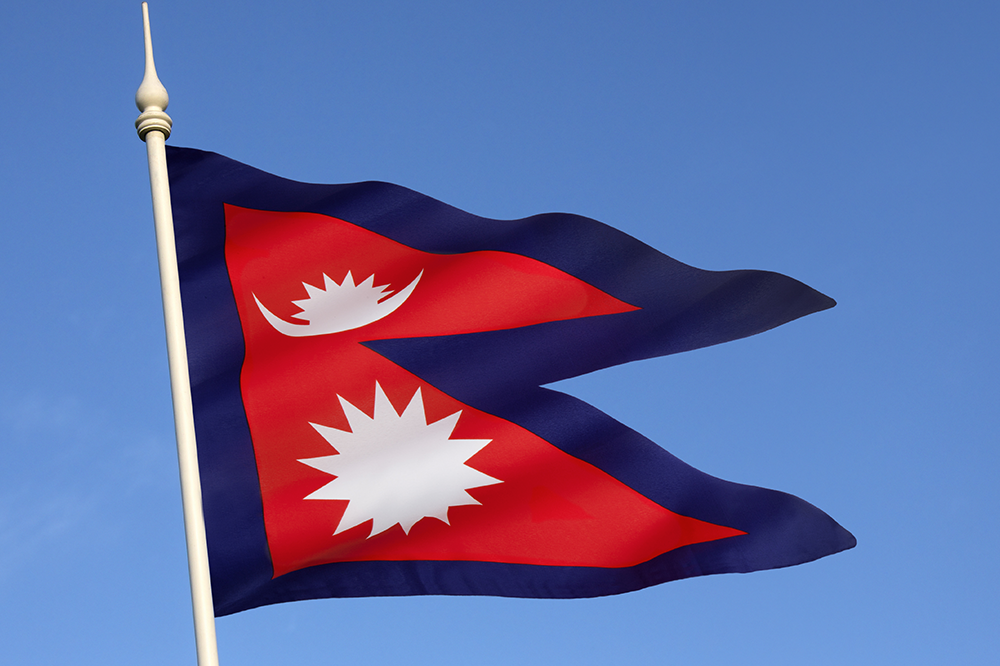On 24 February 2025, the Committee on the Elimination of Discrimination against Women (the Committee) released its Concluding Observations following its examination of Nepal’s record under the Convention on the Elimination of All Forms of Discrimination against Women. Among other things, these observations call on Nepal to prioritize justice for the victims of conflict-related sexual violence and to ensure equal access to healthcare and reproductive autonomy for women and girls with disabilities. The ICJ had brought both of these concerns to the Committee’s attention.
The human rights organization had submitted a report to the Committee ahead of its review of Nepal, highlighting two key issues: (i) access to justice and effective remedies for victims/survivors of conflict-related sexual violence (CRSV); and (ii) discriminatory practices detrimentally affecting the exercise of reproductive rights by women and girls with disabilities and their access to healthcare.
Specifically, the ICJ expressed concern that Section 2(j)(2) of the amended Truth and Reconciliation Commission (TRC) Act 2014 lacks clarity on the threshold for “seriousness” in cases of sexual violence. In addition, it called on the Committee to recommend that the Nepalese authorities amend the criminal code to remove the statute of limitations for filing complaints related to rape and other forms of sexual violence.
Further, ICJ highlighted concerns about Nepal’s guardianship laws, which strip women and girls with disabilities of legal autonomy. It drew attention to the concerning practice of institutionalizing women and girls with psychosocial disabilities which, due to harmful stereotyping and the absence of procedural safeguards for ensuring reproductive autonomy, exposes them to a greater risk of abuse and denies them the ability to make informed reproductive decisions.
In light of these concerns, the CEDAW committee made several pertinent recommendations to the Nepalese authorities, including the following:
- Amend Section 2(j)(2) of the TRC Act by removing the qualifier “serious” before “sexual violence,” and amend the Criminal Code to repeal the statute of limitations for filing complaints of rape and sexual violence, particularly in cases related to the armed conflict (para. 15a, the Concluding Observations).
- Ensure women and girls with disabilities have access to justice and healthcare services, including sexual and reproductive health services, with any examination or treatment only being performed with their free and informed consent (para. 49, Concluding Observations).
These recommendations support ICJ’s ongoing efforts toward accountability, gender equality and access to justice and effective remedies for women and girls in Nepal, including those with disabilities. On International Women’s Day, the ICJ urges the Nepali authorities to accelerate action towards the implementation of the Committee’s recommendations.
Download
The full submission in English is available here.
Further reading
The Bangkok General Guidance (BGG)
Kathmandu Declaration on Access to Justice for Persons with Disabilities 2024





